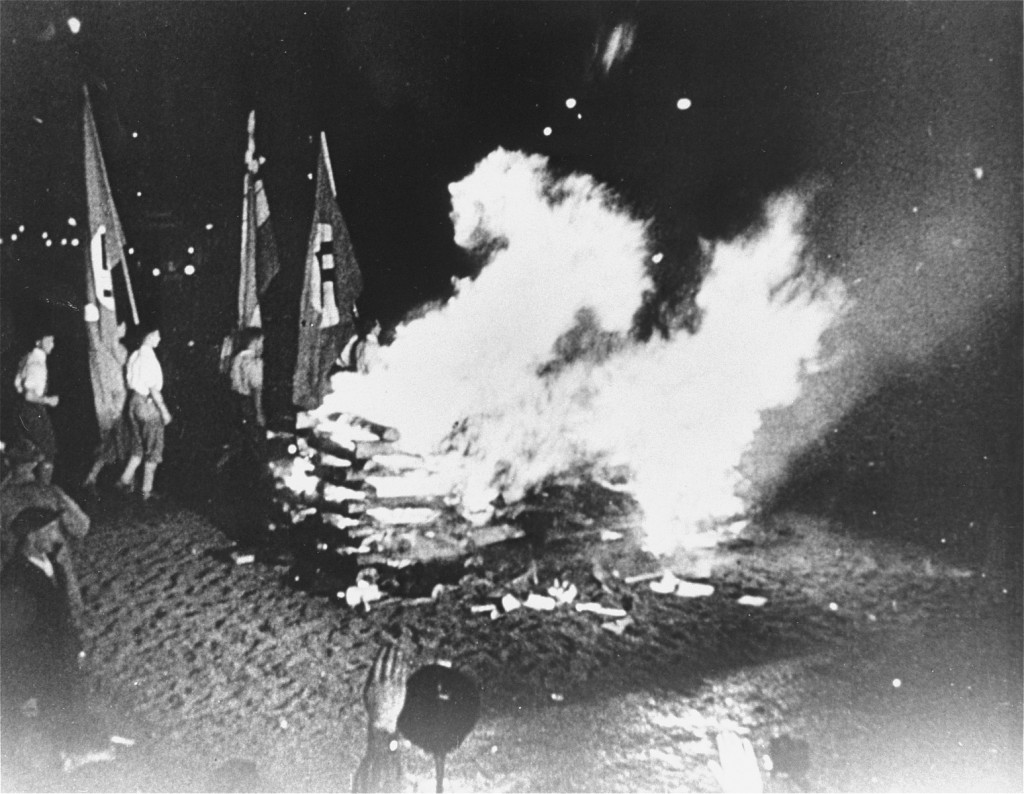
Henri Barbusse
In 1933, Nazi students at more than 30 German universities pillaged libraries in search of books they considered to be "un-German." Among the literary and political writings they threw into the flames were the works of Henri Barbusse.
Excerpt
To be sure I cannot deny my political convictions and have never done so under any circumstances. I am a revolutionist and internationalist. I have become so more and more in view of the spectacle of historical events characteristic of the first quarter of the 20th century and my contact with them.
—Les bourreaux (The Executioners), Henri Barbusse, 1927
Which of Henri Barbusse's Works were Burned?
Die Henker (Les bourreaux; The Executioners)
150 Millionen
Who was Henri Barbusse?
French author Henri Barbusse (1873-1935) joined the French army upon the outbreak of World War I. Despite his fundamental opposition to the war, Barbusse was willing to fight in the hope that it would be the "war to end all wars." His initial patriotism was quickly replaced by cynicism and anger with the avoidance of duty by some in command, war profiteering at home, and the jingoistic nationalism of those who did not participate in the conflict. His war diary (written at the front) formed the basis for Le Feu (Under Fire), which quickly became one of the best-known French anti-war novels.
After World War I, Henri Barbusse joined the French Communist Party and continued to write pacifist and socialist pieces. The Nazis blacklisted and burned works by Barbusse—champion of pacifism and radical social reforms—because of his leftist ideology.
Critical Thinking Questions
If Jews were the principal target during the Holocaust, why were books written by non-Jewish authors burned?
How did the German public react to the book burnings? What were some of the reactions outside of Germany?
Why do oppressive regimes promote or support censorship and book burning? How might this be a warning sign of mass atrocity?

